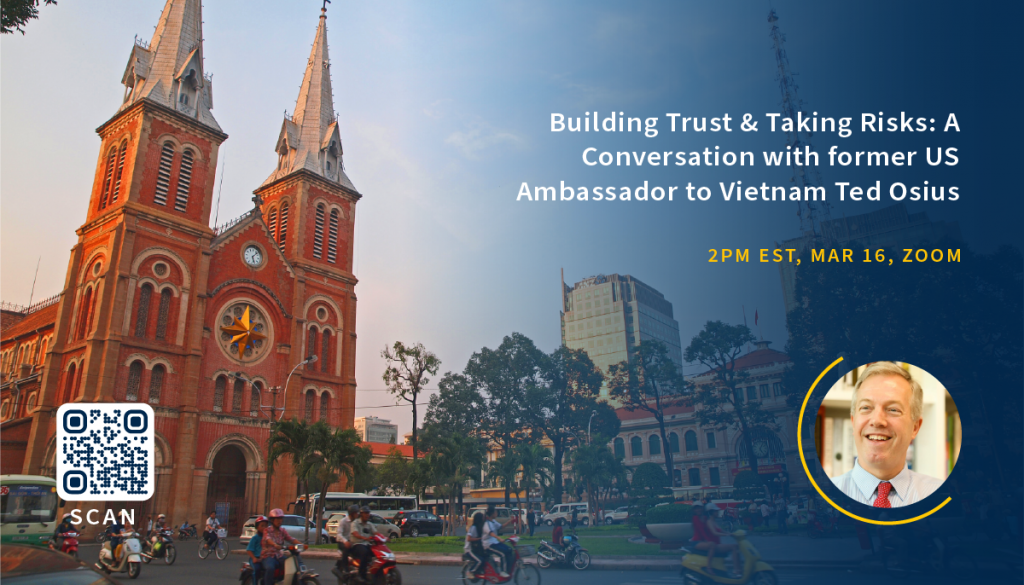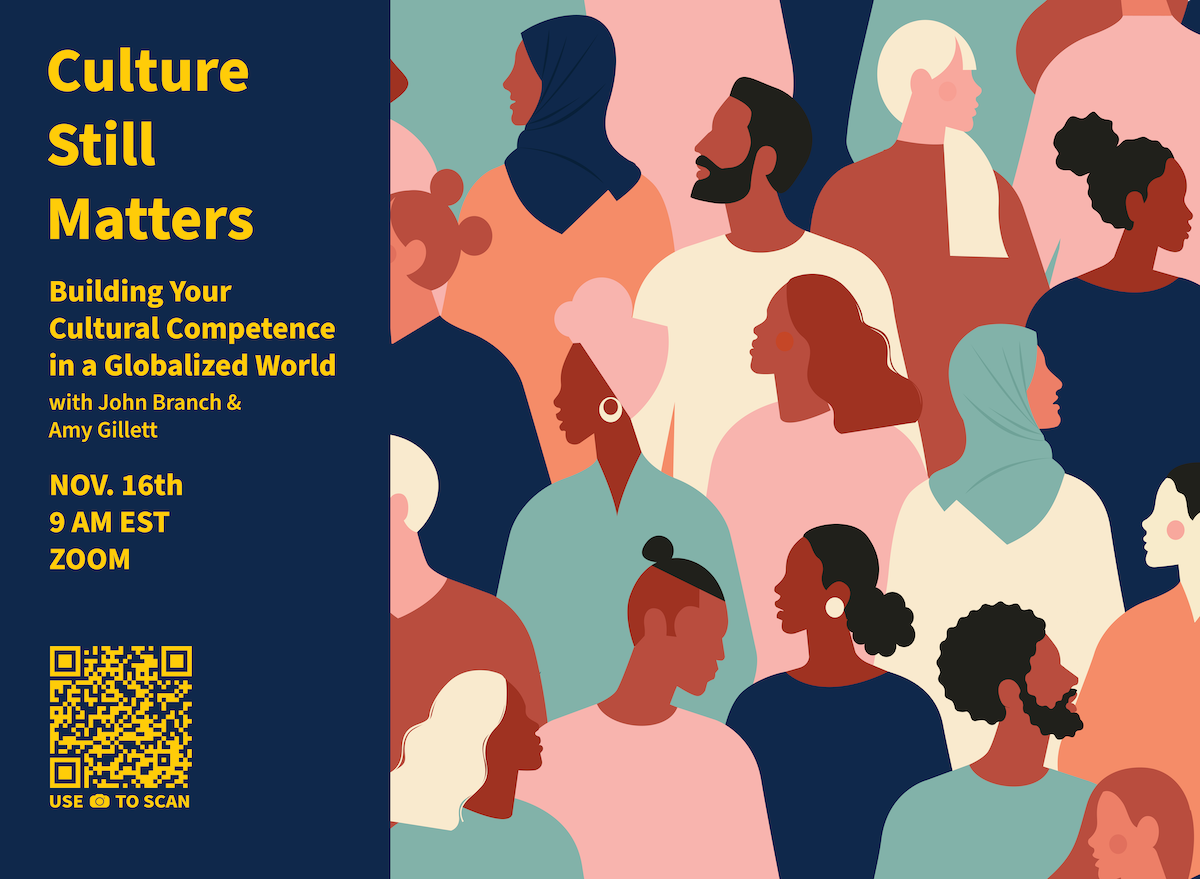The Center for International Private Enterprise (CIPE), WDI, and Tenmou (a Bahrain-based angel investor network) and a consortium of U.S. and Bahraini stakeholders collaborated to strengthen the Bahraini entrepreneurial ecosystem through encouraging investment, advancing business growth for Bahraini startups and micro, small and medium enterprises (MSMEs); and increasing access to finance and strengthening the Foreign Trade Agreement-based US-Bahraini commercial relations. Under this project, which is funded by the Middle East Partnership Initiative (MEPI) of the U.S. State Department, WDI supported Tenmou with the delivery of a mentorship program, which matched two cohorts of 25 Bahraini MSMEs with a mentor. Mentors provided their mentees with one-on-one guidance over four months. At the end of each cohort, a select number of SMEs participated in a pitch night where they pitched their business to a panel of investors. WDI trained the mentors on how to work effectively with their mentees through a mentorship toolkit, short videos, and live webinars with a mentorship expert. Based on learning from the program, WDI published an article on NextBillion: “Seven Keys to Successful Business Mentorship Programs: How Entrepreneur Support Organizations Can Maximize Their Impact.” Through WDI Publishing, WDI developed two business cases featuring entrepreneurs from the program, appropriate for adoption in both entrepreneurship training programs in non-academic settings and university courses.
WDI led two virtual training sessions on gender lens investing (GLI). The sessions focused on inspiring Bahraini investors to promote gender equity and integrate gender considerations into their investing approach, as well as how to apply a gender lens to business operations and understanding financial gains of different GLI strategies. WDI also participated virtually in two training sessions on FinTech which focused on: 1) advantages of utilizing FinTech to advance business growth and 2) returns on investing in the FinTech sector and digitization.
WDI works with the Weiser Center for Europe & Eurasia (WCEE) at U-M to offer NGO Leadership workshops to non-profit leaders from across central and southeastern Europe. The workshop in Bratislava covers marketing, strategic planning, entrepreneurship, fundraising and management to help NGOs run more effectively and sustainably. In 2023, the workshop will be held in June in partnership with Bratislava-based partner, Hekima. Twenty five participants will come from six countries: Slovakia, Czech Republic, Hungary, Poland, North Macedonia, and Moldova. Supplementary online modules on topics including leadership, social media marketing, and conflict resolution will be available to participants.
Note: A recording of the event is now available.
The William Davidson Institute (WDI) will host a discussion with Ted Osius, former U.S. Ambassador to Vietnam and leader of the US-ASEAN Business Council. He will discuss Vietnam’s economic transformation and the skills necessary to succeed in cross-cultural business. The talk, “Building Trust and Taking Risks,” is set for 2 p.m. March 16, via Zoom. (Register here.)
A diplomat for 30 years, Osius served from 2014 to 2017 as U.S. ambassador to Vietnam during the Obama Administration. Leading a team of 900, Osius devised and implemented strategies to deepen economic, security and cultural ties between the two countries. Only the second openly gay career diplomat in U.S. history to achieve the rank of ambassador, Osius went to Vietnam with his husband and two children.
After leaving government, Osius joined Google as its Vice President for Government Affairs and Public Policy at Google Asia-Pacific and currently serves as President of the US-ASEAN Business Council, which represents 170 of the largest American businesses in Southeast Asia through its headquarters in Washington, D.C., and its seven regional offices.
During the talk, Osius will share some of the key insights from his 2021 book “Nothing is Impossible: America’s Reconciliation with Vietnam.” He’ll then discuss his fascinating career, including his time in the foreign service, his transition to Google, and how he landed in his current position at the US-ASEAN Business Council. He’ll talk about the differences in working in the public sector vs. the private sector.
“As a leader in foreign service, private enterprise and nonprofit organizations, Ambassador Osius offers a unique perspective for how building understanding can lead to historic opportunities,” said Amy Gillett, Vice President for Education at WDI who will convene the discussion with Osius.
Participants will have an opportunity to submit questions during the discussion.
Earlier in his career, Osius was a senior advisor at the Albright-Stonebridge Group and Vice President of Fulbright University Vietnam. Osius was associate professor at the National War College and Senior Fellow at the Center for Strategic and International Studies.
As a diplomat, Osius served as Deputy Chief of Mission in Jakarta, Indonesia, and Political Minister-Counselor in New Delhi, India. Osius also served as deputy director of the Office of Korean Affairs at the State Department, regional environment officer for Southeast Asia and the Pacific, and senior advisor on Asia and trade to Vice President Al Gore.
Osius earned a Bachelor’s degree from Harvard University, a Master’s degree from Johns Hopkins University’s School of Advanced International Studies, and an Honorary Doctorate from Ho Chi Minh City University of Technology and Education.


Navigating business relationships, particularly cross-cultural ones, can feel like moving through a minefield, sidestepping explosives that could instantly derail any progress. But it doesn’t need to be that way.
John Branch, professor of marketing and international business at the University of Michigan’s Ross School of Business and faculty for the school’s Cross-Cultural Business course, along with Amy Gillett, vice president of education at the William Davidson Institute at the University of Michigan and co-creator of the Business & Culture virtual exchange, advise both professionals and business students on increasing their cultural competency. On Nov. 16, they will host a candid and interactive session around maneuvering these cross-cultural relationships.
While increased globalization is deepening and widening business connections, countries continue to vary widely on norms and acceptable practices. For instance, in some cultures, jumping directly into a business conversation without first getting to know a potential partner can end a deal before it starts.
“If culture didn’t matter, then we wouldn’t talk about these cultural gaffes or cultural blunders, because we’d be just one homogenous blob of people,” said Branch. “Culture still matters and if managers and marketers do not appreciate this, they’ll continue to make these cultural gaffes.”
So why aren’t businesses doing a better job of guarding themselves against these errors? According to Branch, business leaders are under-appreciating the significance of cultural differences. Many do not fully comprehend the major impacts of culture on their interactions and how they relate to business success. Consequently, many do not focus their energy on understanding or resolving these issues.
Making your way through culturally-diverse business interactions requires significant time, resources and analysis. Understanding the relevant and likely cultural sensitivities, collecting accurate and insightful feedback and carefully considering this information are all necessary before taking action. Cultural competency is not as simple as learning the right handshake. Culture is a layered and complex system by which business partners live, and success means understanding each of those layers.
“Even the big companies are failing to do proper cultural research because they’re in such a rush to get the product to market, or they don’t realize the role of culture and the importance of factoring it into their plans from the start,” say Gillett. “In many cases, managers lack training in cultural competence, so this is not even on their radar.”
Though steering clear of negative choices is critical, cultural competency isn’t just about avoiding blunders. Companies mastering cultural competency can also create a competitive advantage, explains Gillett.
Take HP. The company introduced its gaming laptop, Omen, in 2006 with lackluster results. After the success of the 2019 Academy Award-winning film Parasite, the firm re-engaged the market with a new campaign, pulling in cultural references that resonated. This improved sales — all because they took note of a cultural touchpoint and responded.
Mastering cross-cultural connections will facilitate more thoughtful interactions, which will foster better business practices.
Join Branch and Gillett’s virtual discussion on cultural competency to share your stories of cultural gaffes and/or successes, discover what it takes to prepare for better cross-cultural interactions, and learn from the breadth of cultural exchanges that have gone wrong — and right — across the business world.
Work with PES is focused on developing a systematic approach for assisting locally (Kenyan) owned small and medium enterprises by equipping them with the necessary training and skills, providing one-on-one support and then developing a template for providing such assistance in the future based on the learnings from the one-on-one offerings.